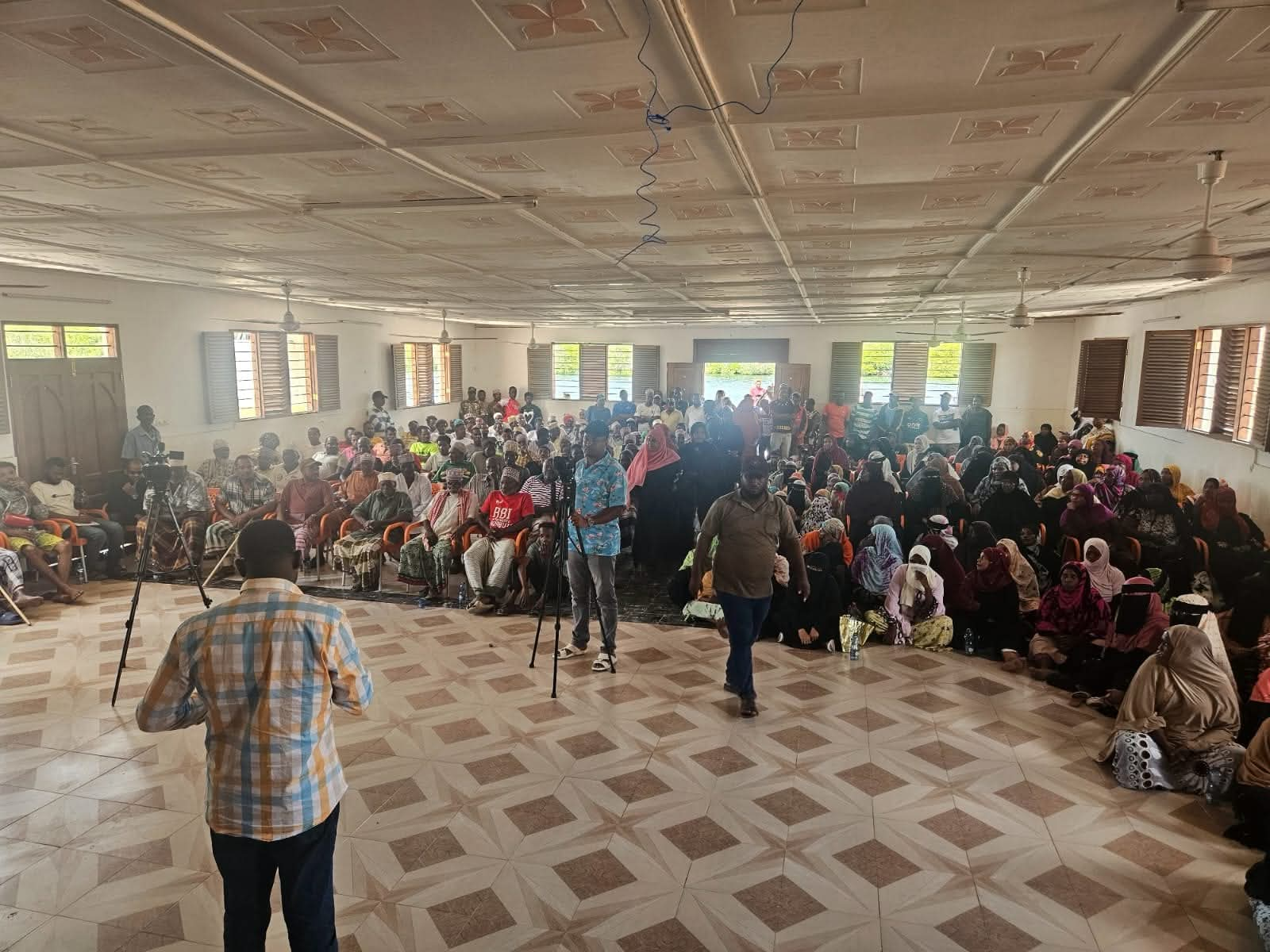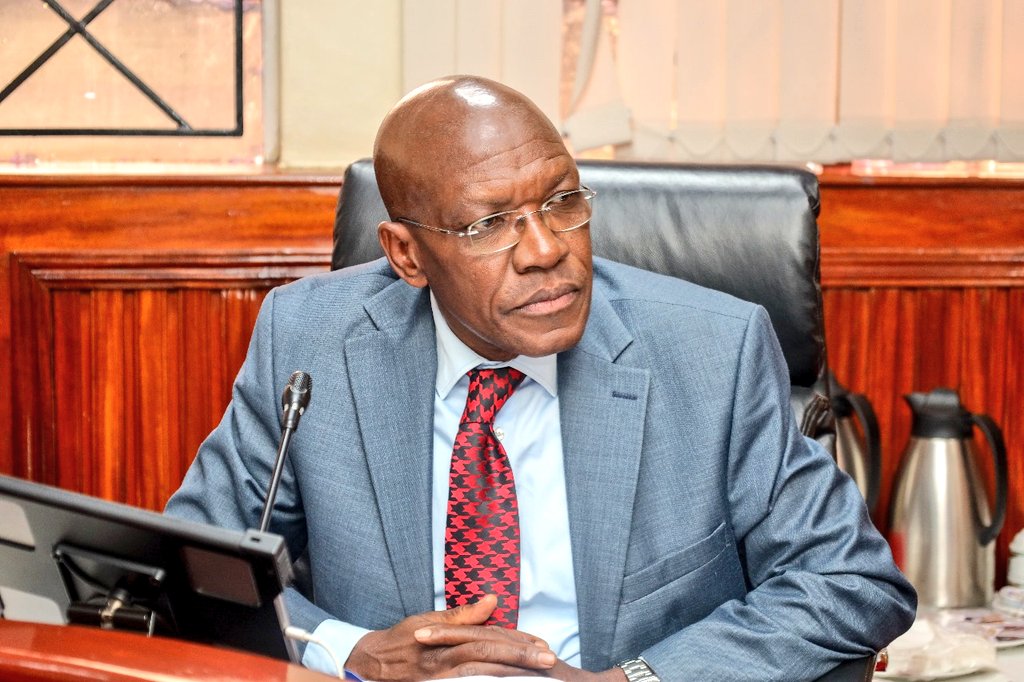Lamu fishermen decry harassment, accuse government of unfair fishing rules

Lamu East MP Captain Ruweida Obo voiced concern that fishermen in Faza, Pate, Siyu and Kizingitini were far more likely to be apprehended than foreign trawlers using similar gear.
Fishermen in Lamu have appealed to the government to apply fairness in the enforcement of fishing regulations, saying small-scale fishers face harassment over nets that foreign trawlers are allowed to use without consequences.
Bwana Ali, a fisherman from Faza, said arrests over fishing gear were unjust.
More To Read
- Lamu’s blue economy poised to soar as Kenya seeks bids for Sh2.5 million fishing boats
- Environmentalists warn climate change is draining Lamu’s fish stocks
- Lamu fishermen laud establishement of new cold storage facility in Kiwayu
- Kilifi fisherfolk demand direct access to fishing gear, decry unfair distribution by local leaders
- New concrete ladder brings safety, efficiency in boat docking in Lamu’s Shanga village
- Lamu’s centuries-old Mbwajumwali village to have first seawall after 800 years
“Whenever we are found with these nets, the way we are detained is humiliating. It feels as though the law is designed only to punish the poor while the big ships are left to destroy our oceans,” he said.
Another fisherman, Salim Hamad, argued that beach seine and monofilament nets had long been part of their trade.
“These are the nets our fathers used, and we have never witnessed the sea becoming empty because of them. What damages our fish stocks are those trawlers that sweep everything, including the young ones,” he remarked.
Omar Kassim noted that the regulations had robbed many locals of their only source of livelihood.
“When they take away our nets, they take away food from our tables. What are we supposed to do when the ocean is our only office?” he asked.
Shaibu Mwalimu added that the government had failed to protect ordinary people.
“We hear about the blue economy, but all we see are arrests. If the government really cared, it would help us fish responsibly instead of treating us like criminals,” he said.
Meanwhile, Lali Mzee, another fisherman from Faza, called for dialogue rather than punishment.
“Instead of detaining us, why can’t they train us in modern fishing methods? We are ready to learn, but we also need to survive today,” he explained.
Their frustrations came to the fore during discussions on the Fisheries Management and Development Bill 2023, which seeks to provide a framework for sustainable conservation, management and development of Kenya’s fisheries, while improving the livelihoods of coastal communities.
Lamu East MP Captain Ruweida Obo voiced concern that fishermen in Faza, Pate, Siyu and Kizingitini were far more likely to be apprehended than foreign trawlers using similar gear.
She argued that local practices had not caused overfishing compared to industrial fleets that often cleared out entire breeding grounds.
“There is a need for laws within the blue economy sector that recognise the plight of the mwananchi. Detaining fishermen is not the answer; we must instead empower and equip them with better practices so that they can thrive within the law,” she said.
Marakwet East MP David Bowen Kagongo, chair of the PSC Committee on Blue Economy, Water and Irrigation, assured that the committee would take fishermen’s grievances into account before the Bill is passed.
Kenya outlawed beach seine and monofilament nets in 2008, citing their destructive nature, high levels of bycatch, and damage to breeding sites.
The ban continues to be enforced through arrests and the confiscation of illegal gear, which authorities say is necessary for sustainable fishing.
Top Stories Today













































